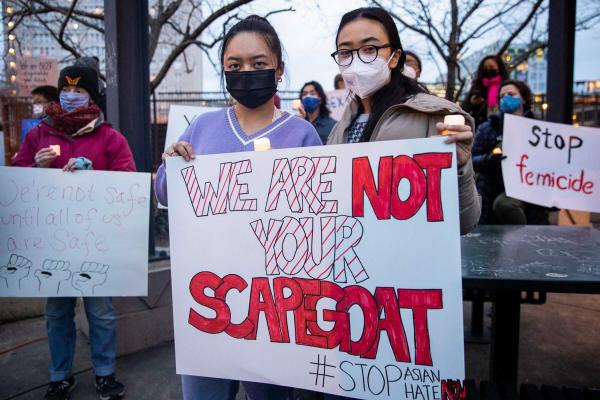Apr 7, 2022
This spring marks one year after mass shootings in Atlanta and Indianapolis killed Korean, Chinese, and Sikh Americans. In the year since, 1 in 5 Asian Americans and Pacific Islanders (AAPI) nationwide have experienced a hate incident. I grieve over this nation’s racism.
Read the Full Article

Already a subscriber? Login
